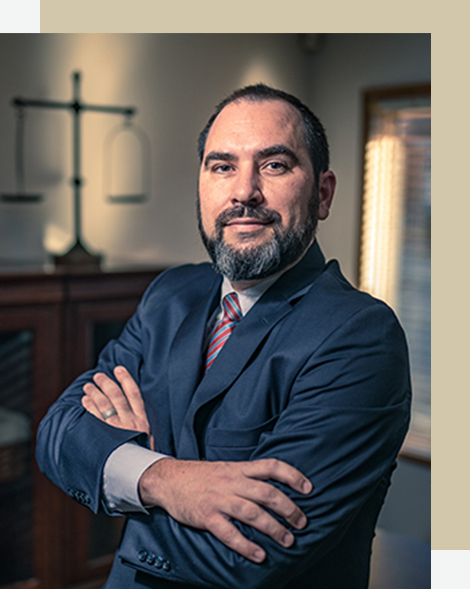A study conducted by the U.S. Justice Department found that 60 percent of personal injury cases involve car crash injuries. You can sue after a car crash, and many hundreds of thousands of people do just that every year. Here is some information about when to file a lawsuit after a car crash and what you need to prove to win.
Do I Need to File a Lawsuit to Get Injury Compensation?
No, you probably will not need to file a lawsuit to get compensation for your car crash injuries. Illinois uses a fault-based car insurance system. Every registered car owner in the state must carry insurance with bodily injury liability (BIL) coverage and property damage liability (PDL) coverage. After a car crash, the person who caused that crash will bear liability for all resulting property damage and bodily injuries. Instead of filing a lawsuit, you will file an insurance claim with the at-fault driver’s insurer. The insurance company will assign an adjuster to your claim. The adjuster will:- Investigate your accident
- Review your losses
- Accept or deny your claim
- Offer a settlement if the insurer accepts the claim
The Role of the Personal Injury Lawyer in Insurance Claims
This does not always mean accident victims receive fair settlement offers. Insurers have a financial incentive to deny or reduce claims. The insurer knows that you need money to pay for your medical treatment and living expenses. The insurer also knows that your injuries might prevent you from working. As a result, the adjuster may use your desperation to push you into an unfair settlement. The insurer may deny your claim. Or it might reduce your claim by refusing to pay for some of your expenses. Some grounds an insurer might use to refuse to settle your claim on fair terms include:- The policyholder did not cause the crash
- The policyholder was not negligent
- You contributed to the cause of the crash
- The crash did not cause your injuries
- You exaggerated or faked your injuries
- You worsened your injuries through inaction or returning to work too soon
- Your treatment was not necessary
- You overpaid for your treatment
What Do I Need to Prove to Win a Car Crash Lawsuit?
If you cannot settle your claim with an insurer or the driver lacks insurance, you may need to file a lawsuit to recover injury compensation. Every driver owes a legal duty to other road users to exercise reasonable care while driving. A driver who intentionally or negligently injures motorists, pedestrians, or bicyclists will bear liability for those injuries. When the driver has auto insurance, the insurance policy requires the insurer to pay any liabilities created while driving. If the driver negligently causes a car crash, the insurer must pay the driver’s liabilities up to the policy limits. Suppose that you suffer $40,000 in losses due to your car crash injuries. The minimum policy in Illinois includes $25,000 in BIL coverage. If you win a lawsuit, the insurer pays $25,000, and the at-fault driver pays $15,000 of your damages. Your car crash attorney has two tasks to get injury compensation for you:Proving Negligence
Negligence has four elements. Your lawyer must prove all four elements to win a car crash lawsuit. The elements include:- Duty
- Breach
- Causation
- Damages
- Speeding
- Tailgating
- Failing to yield
- Distracted driving
- Intoxicated driving
Proving Damages
You must prove your damages to establish negligence and show the jury what it must award for a fair outcome. Your damages will include your economic and non-economic losses. Economic losses cover tangible financial costs, including:- Past and future medical expenses
- Loss of income or earnings
- Property losses
- Physical pain
- Mental suffering
- Disability
- Disfigurement
- Loss of consortium
- Inability to perform tasks or participate in activities
